On Wednesday 14 October 2009 Freedom Under Law launched an application in the Pretoria High Court to review and set aside four decisions by the Judicial Service Commission (“the JSC”). The decisions concern allegations made against fourteen of the most senior judges in the Republic of South Africa, namely the Judge President of the Western Cape High Court; eleven judges of the Constitutional Court; and a judge of the Supreme Court of Appeal and of the Eastern Cape High Court (both then acting as Constitutional Court judges).
The Constitutional Court judges and then acting judges accused the Judge President of the Western Cape High Court of attempting improperly to influence the Constitutional Court’s judgments in the Zuma and Thint matters, which involved the current President of the Republic, Mr Jacob Zuma. In a counter-complaint, the Judge President of the Western Cape High Court in turn accused the Constitutional Court judges and then acting judges of violating his constitutional rights by publishing their complaint without first lodging it with the JSC or giving him a hearing. The complaints impute inter alia the credibility of the judges involved.
Contrary to both its rules and its own earlier decision, the JSC decided on these complaints without holding a full-scale hearing. It concluded that insufficient evidence existed to find any of the judges involved guilty of gross misconduct, and decided that the matter had to be treated as finalised.
FUL challenges the validity of the JSC’s decisions on the bases that the JSC fundamentally misconceived its statutory functions and duties, and that it applied the relevant legal provisions incorrectly. In its founding affidavit, deposed to by International Advisory Board member Dr Mamphela Ramphele (former Executive Vice-President of the World Bank and Vice Chancellor and Principal of the University of Cape Town), FUL submits that the JSC’s decisions regarding the complaint and counter-complaints were unlawful, unconstitutional, irrational and procedurally unfair, which rendered them invalid. If left unchallenged, they threaten the rule of law and the legitimacy and constitutional functions of the JSC. This would impact adversely on the impartiality, dignity, accessibility and effectiveness of the whole judiciary.
Accordingly FUL asks that the JSC’s decisions be reviewed and set aside, and that the JSC be directed to consider the complaint and counter-complaint at a full hearing comprising cross-examination.

